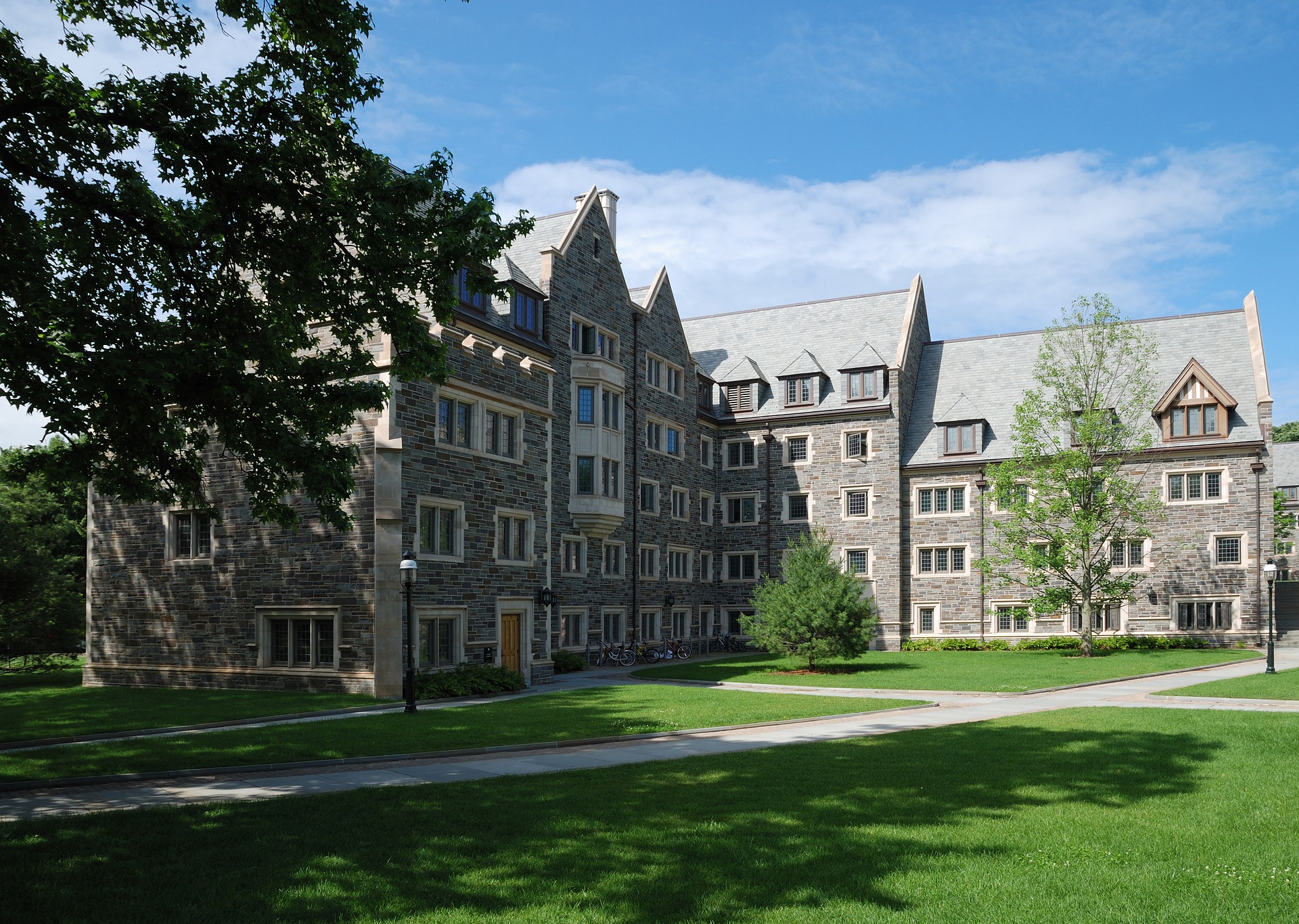An ex-Princeton student is suing the university for “psychological trauma” after a campus hearing led by a Nobel-nominated professor on her alleged rape caused her to drop out.
The former Ph.D. student alleged that she was raped by one of her classmates in 2010. After filing a report, she was subjected to a series of “highly improper” questions and “victim blaming” by a “distinguished” member of faculty.
Identified as Jane Doe, the victim alleged that during the hearing, she was subjected to questions about her sexual history and whether she had missed any of the “signals” that her perpetrator had sent out.
‘Imbalance of Power’
A decade after the alleged incident, Doe has filed a lawsuit against Princeton in Superior Court, Mercer County, New Jersey, alleging that the Ivy League school conducted an unfair inquiry, resulting in an “enormous imbalance of power.”
Princeton “failed to put into place rules and regulations for conducting hearings that were free from discrimination and victim blaming,” causing the victim “severe emotional distress, emotional and psychological injuries/trauma, humiliation, and anguish,” the lawsuit reads.
Doe said she reported the incident through the university’s online reporting form and met with the dean at her graduate school. She went to the campus health center a day after the assault, where she was denied a forensic exam. Despite her assailant being represented by an acclaimed professor, administrators advised Doe not to involve faculty in her case.
According to the student, things were made worse by the flood of questions she had to endure during the disciplinary hearing. Starting with how many boyfriends she had had in the past to why she had not seen the signs leading to the assault, the professor-cum-prosecutor’s remarks and the ensuing humiliation forced her to quit the department a few months later.
Princeton claims the suit was handled “in accordance with the university disciplinary procedures in place at that time.” The school has since revised its Title IX policy to “use a ‘preponderance of the evidence’ standard” to investigate sexual violence on campus.
Between 2018 and 2020, the university received 26 reports of rape, 27 reports of fondling, seven reports of dating violence, and nine instances of stalking on campus, a new report claims.



